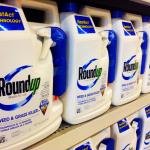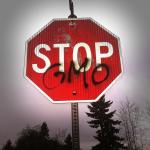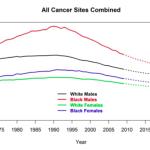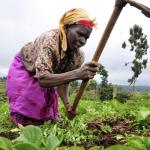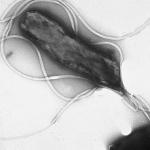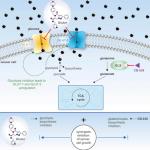The Conversation bills itself as a website designed to “Unlock the knowledge of researchers and academics to provide the public with clarity and insight into society’s biggest problems.” Their s
cancer
Introduced in the 1990s, crops genetically engineered (GE) to withstand exposure to the weed killer glyphosate (Roundup) were a game-changer for agriculture.
There are so many chemicals accused of causing human cancers that it's a wonder that any of us are still breathing. Yet, we are. In fact, since 1975 rates of most cancers have been either steady or slowly declining (Figure 1).
A new study published in BMJ examined if there was a link between natural hair color or dye and cancer. A lot of women color their hair, so this is certainly a worthwhile topic.
Note: This article is republished with permission from the
Fox News's Tucker Carlson doesn't know much about science, technology, or public health, but he definitely has an opinion about them. And he knows a conspiracy when he sees one.
For lack of a more sophisticated term, the reason we grow old and die is because our biological tissues “wear out.”
Infectious disease is responsible for a substantial amount of morbidity and mortality around the world.
Here is a question. When you plot alcohol use against the risk of cancer, is the resulting curve J-shaped, suggesting that at low levels of consumption, alcohol may be protective?
Your body cells, particularly neurons, love the sugar glucose. This is the reason that your body closely regulates the level of glucose in your blood. Your brain would literally starve without it.
